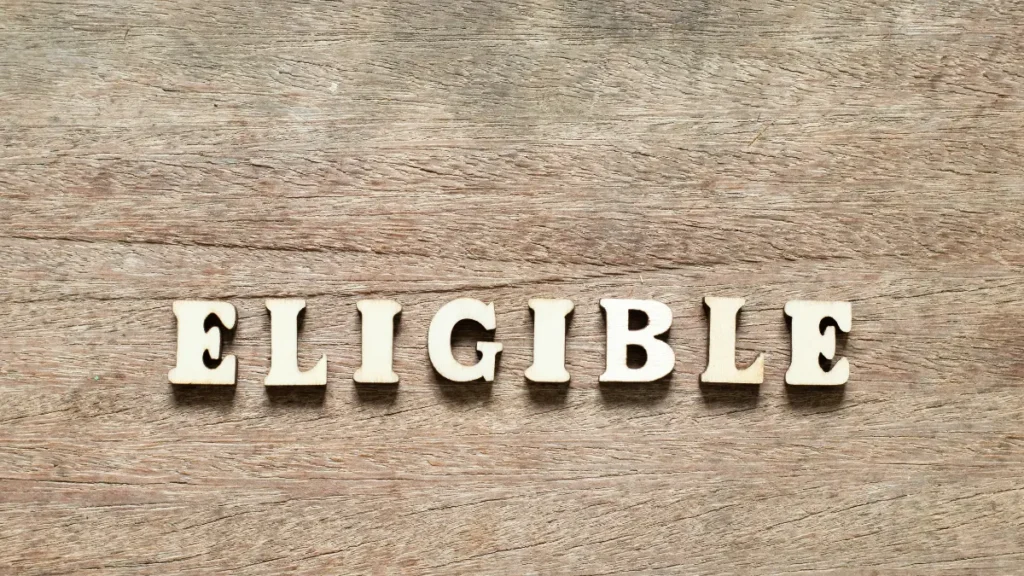Before you invest time, resources, and energy into writing that compelling grant proposal, it’s crucial to pause and ask: Are you really a fit for that funder? Many nonprofits, entrepreneurs, and researchers jump into the grant application process without thoroughly examining grant eligibility criteria, resulting in wasted effort and missed funding opportunities.
In this blog post, we’ll decode grant eligibility and help you determine whether a funder is right for you. Whether you’re a small business, nonprofit, startup, or academic researcher, this guide offers clarity on aligning with funders to maximize your chances of success.
Why Understanding Grant Eligibility Is Crucial
Grant eligibility is more than a checklist—it’s the gatekeeper to funding success. Funders have specific missions, geographic priorities, and target audiences. Submitting an application without a strategic fit not only results in rejection but may also harm your credibility for future rounds.
By decoding funder fit, you can:
- Focus only on relevant grant opportunities
- Increase your proposal success rate
- Build stronger, long-term relationships with funders
- Save time, money, and internal resources
Key Factors to Determine Funder Fit
To assess if you’re eligible and aligned with a grantmaker, consider these core areas:
1. Mission Alignment
Ensure your organizational goals align with the funder’s mission statement. Read their “About Us” page, past grantee profiles, and annual reports. If you’re a tech startup applying for a health equity grant, chances are you’re off target.
2. Eligible Applicant Type
Check if the funder accepts applications from your entity type. Some grants are strictly for:
- 501(c)(3) nonprofits
- Startups or SMEs
- Government institutions
- Academic researchers
- Social enterprises
3. Geographic Focus
Many funders limit grants to specific countries, regions, or cities. Always confirm if your project location falls within the funder’s geographic scope.
4. Programmatic Focus Areas
Funder priorities may include climate change, healthcare, education, gender equity, youth empowerment, or digital innovation. Read calls for proposals closely to see if your project falls within their priority funding areas.
5. Funding Amounts and Project Size
Don’t pitch a million-dollar project to a funder who gives out $25,000 microgrants. Your project budget and funding ask should match the funder’s grant size expectations.
6. Organizational Capacity
Some funders look for applicants with proven track records, audited financials, or specific numbers of years in operation. Can your team deliver on the scale required?
Common Reasons Applications Are Rejected
Even with strong projects, applications are often declined because:
- The applicant didn’t fully meet the eligibility requirements
- The project didn’t align with the funder’s strategic priorities
- Budget requests were unrealistic
- Poorly articulated goals and outcomes
- Lack of demonstrated impact or sustainability plan
How to Improve Your Grant Eligibility Assessment
Use these best practices to vet your fit before applying:
✔️ Conduct a Funder Deep Dive
Research beyond the RFP—explore the funder’s website, LinkedIn, past grantees, press releases, and interviews. Learn what they fund and why.
✔️ Use Grant Eligibility Checklists
Many funders provide eligibility self-assessment tools or FAQs. Complete these thoroughly to ensure you’re not missing anything critical.
✔️ Attend Webinars or Info Sessions
Funders often hold Q&A sessions to walk through requirements. Ask questions. Clarify doubts.
✔️ Review Previously Funded Projects
See what types of projects were funded in the past—this is often a strong indicator of what they truly support.
✔️ Get an Expert Review
Before submitting, ask a grant consultant or proposal expert to evaluate your eligibility and project fit. This small step can save you major setbacks.
Tools and Resources to Determine Grant Fit
- Foundation Directory Online
- Candid’s GrantStation
- Devex Grants Search
- Grants.gov
- Grantsdatabase.org (tailored grant listings + expert support)
Final Thoughts: Decoding Grant Eligibility = Increased Funding Success
In today’s competitive funding landscape, decoding grant eligibility is your first step toward a winning proposal. If you’re unsure whether you’re a good match for a funder, chances are the funder will feel the same way when reading your application.
Don’t waste time chasing grants that aren’t meant for you. Be strategic. Be informed. Be funder-aligned.
Decoding grant eligibility can be the difference between months of wasted effort and a game-changing funding win.
Need Help with Your Proposal or Eligibility Assessment?
Contact grantsdatabase.org for proposal drafting, refining, and review services. Our experts will help ensure you’re a perfect fit for the right funders—and that your proposal stands out for the right reasons.
